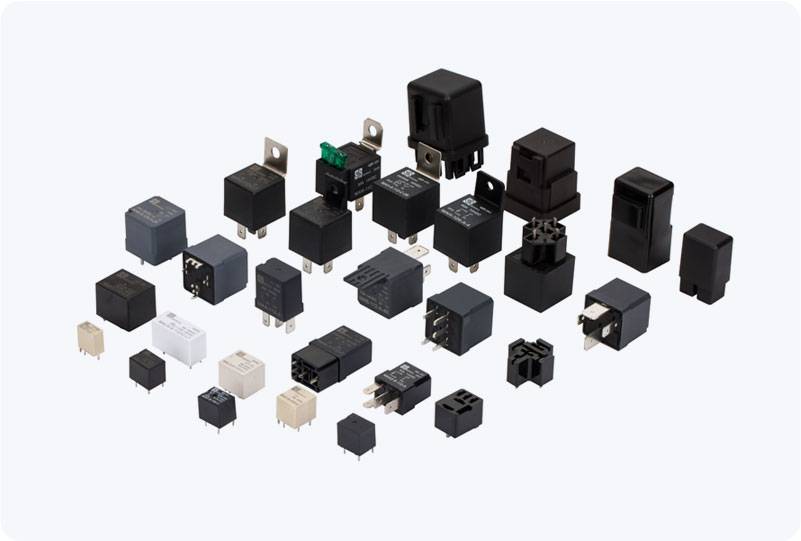understanding iec 61811 ev relay: a key component in electric vehicle charging systems
Release time:2025-05-11 07:46:22
The adoption of electric vehicles (EVs) has accelerated in recent years as nations strive to reduce their carbon footprints and promote sustainability. With this shift, there is an increased demand for reliable, efficient, and safe charging infrastructure. Among the vital components of these systems is the IEC 61811 EV Relay, a device crucial to managing the flow of electricity during the charging process. This article explores the role of the IEC 61811 EV Relay in electric vehicle charging systems, its features, and its importance in enhancing the safety and efficiency of EV charging.

What is IEC 61811 EV Relay? IEC 61811 refers to the international standard set by the International Electrotechnical Commission (IEC) for relays used in electric vehicle (EV) charging systems. More specifically, it defines the requirements for the design, performance, and testing of relays that control the electrical flow during the charging process. The IEC 61811 EV Relay is a critical component within the charging infrastructure, ensuring that the charging process is conducted safely and efficiently while preventing electrical faults. Relays in EV systems, like the IEC 61811, serve as switches that open and close circuits to control the flow of electricity between the charging station and the EV battery. When properly integrated, these relays ensure that the electrical system operates within safe parameters, protecting both the vehicle and the charging station from electrical damage.

